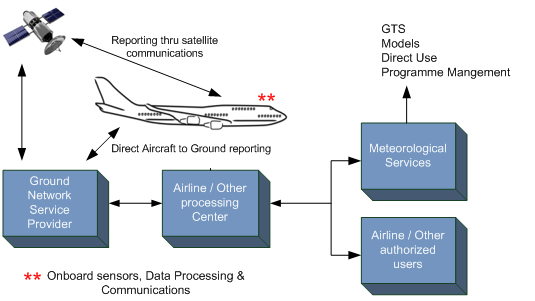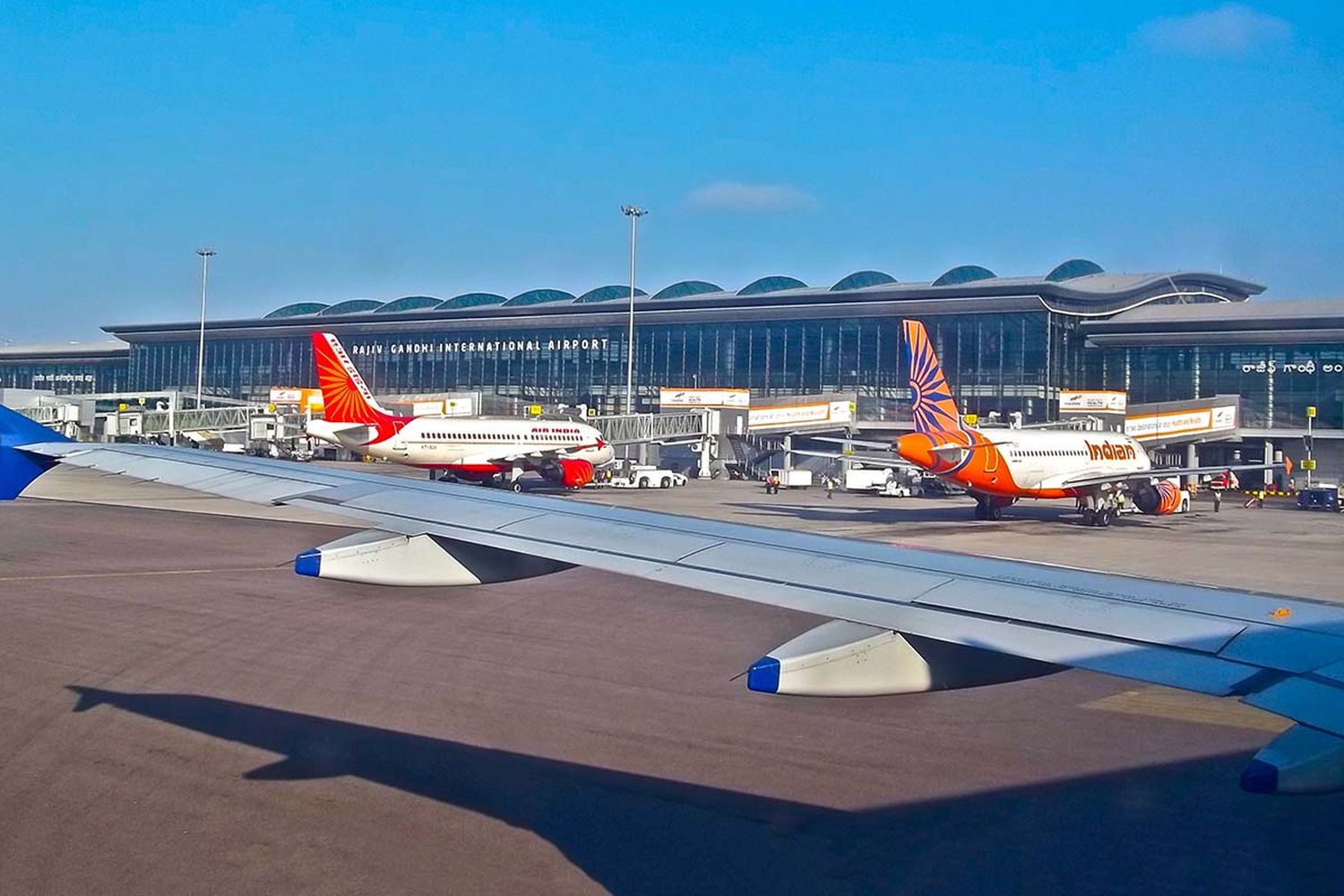India plans to require domestic airlines to share meteorological data
The government of India plans to require domestic airlines to share meteorological data captured with the India Meteorological Department (IMD). This measure, expected to be implemented within a year, aims to improve the accuracy of weather forecasts and strengthen preparedness for adverse weather events
The government of India is working on new regulations that will require domestic airlines to share meteorological data captured by aircraft during takeoff and landing with the India Meteorological Department (IMD). According to the Press Trust of India (PTI), this measure could be implemented within a year and aims to significantly enhance the country’s weather forecasting capabilities.
M. Ravichandran, Secretary of the Ministry of Earth Sciences, told PTI that collecting data such as temperature, humidity, and wind speed at different altitudes is essential for producing more accurate forecasts. “The more observations we have, the better our predictions will be. It’s like a survey: the more information you collect, the clearer the picture,” the official explained.
The Importance of Vertical Data
Ravichandran emphasized that vertical meteorological data, such as that obtained from aircraft and weather balloons, is more comprehensive than ground-based observations as it provides information about the entire atmospheric structure. This type of data is crucial for understanding how weather systems, including storms and other phenomena, form and evolve.
Currently, the IMD uses weather balloons at about 60 stations to collect critical data at various altitudes. However, aircraft have the capability to transmit real-time data from multiple locations, which far exceeds the limited coverage of weather balloons. Systems installed on aircraft, such as the Aircraft Meteorological Data Relay (AMDAR), already collect this information, but not all domestic airlines in India share it since it is not mandatory, PTI reports.
The Indian government expects that this measure, in coordination with the Ministry of Civil Aviation, will strengthen both the country’s meteorological infrastructure and its preparedness for adverse weather events.
You Might Be Interested
Comparison with International Standards
Internationally, many countries already mandate airlines to share meteorological data by law. In India, only airlines operating international routes comply with this requirement, PTI notes. Ravichandran highlighted the need to adopt similar regulations for domestic airlines, considering the rapid growth in air connectivity across the country, with states now hosting between 10 and 15 airports each.
“Air connectivity is growing tremendously in India. If all domestic airlines begin providing this crucial data, our forecasting capabilities will improve significantly,” the secretary told PTI.
As explained by the World Meteorological Organization (WMO), the global Aircraft Meteorological Data Relay (AMDAR) system was developed over thirty years ago in collaboration with aviation sector partners. Its purpose is to automatically collect and transmit meteorological data from aircraft to improve weather forecasts and applications in both aviation and other areas.

The global AMDAR system comprises national and regional programs operating in collaboration with partner airlines. This system is part of the Integrated Global Observation System and the Global Observing System of the WMO, both managed under the organization’s World Weather Watch Program.
Among the benefits of the AMDAR system are improved accuracy of weather forecasts, enhanced safety and efficiency for aviation, and useful applications for communities worldwide.


Comentarios
Para comentar, debés estar registrado
Por favor, iniciá sesión